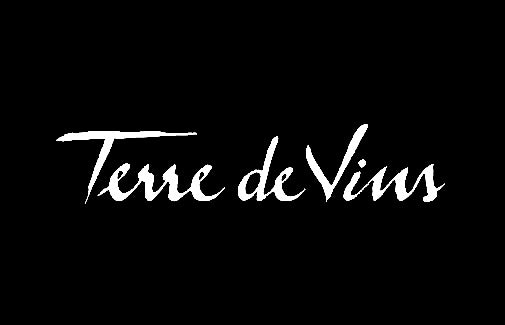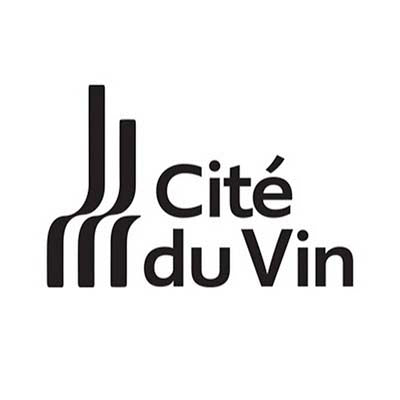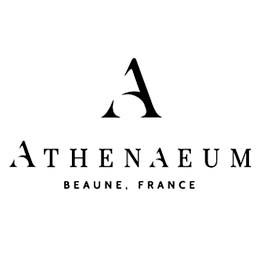The High Environmental Value (HVE) label is an environmental certification system applied in the fields of agriculture and viticulture. Its aim is to promote sustainable and environmentally friendly farming practices by evaluating and certifying operations that meet specific criteria.
The HVE label is based on a comprehensive approach to sustainability, encompassing biodiversity, natural resource protection, pesticide management, and reduction of environmental impact. It encourages farmers and viticulturists to adopt ecosystem-friendly practices, aiming to minimize pollution, preserve local fauna and flora, and reduce water and energy consumption.
The HVE certification process involves several steps, including an initial self-assessment followed by an audit conducted by an independent certification body. Evaluation criteria cover various aspects such as biodiversity, fertilization, water management, pesticide protection, and waste management.
There are three levels of HVE certification, with level 3 being the most demanding in terms of environmental criteria. This label enables consumers to make informed choices in favor of agricultural and wine products originating from operations committed to environmentally friendly practices.
In the wine industry, the HVE label is increasingly sought after by producers who are eager to reduce their environmental footprint and meet the growing consumer expectations for sustainability. HVE-certified vineyards demonstrate their commitment to environmental protection while preserving the quality of their wines.
In summary, the High Environmental Value (HVE) label is an environmental certification that promotes sustainable agricultural practices by evaluating and certifying operations that adhere to environmental criteria. It promotes biodiversity preservation, responsible resource management, and reduction of environmental impact while offering consumers more ecosystem-friendly agricultural and wine products.














